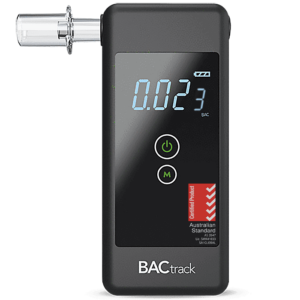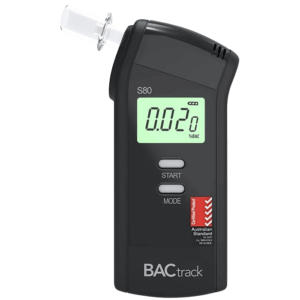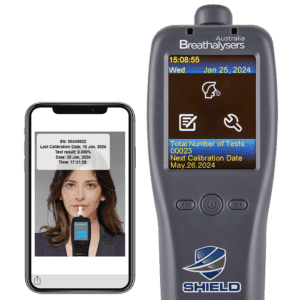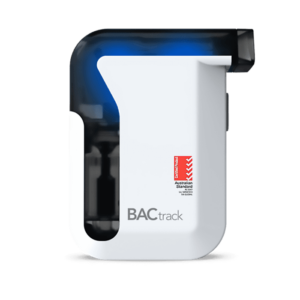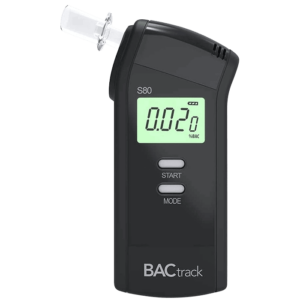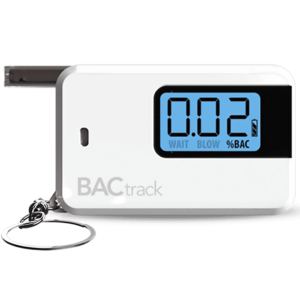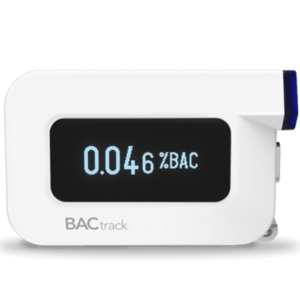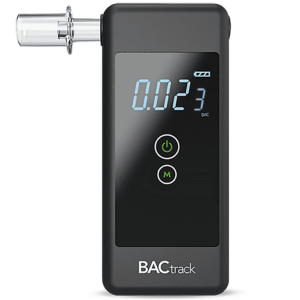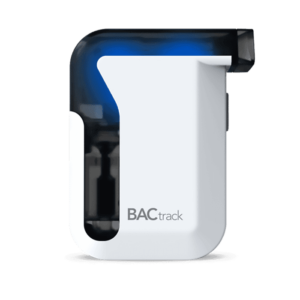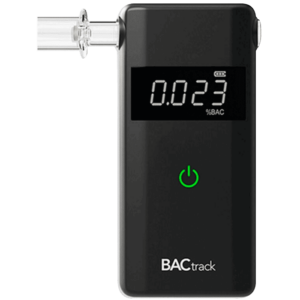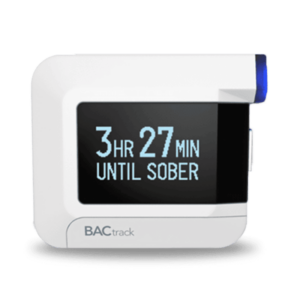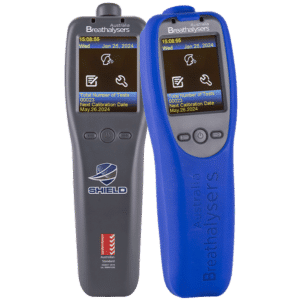Positive Test For Alcohol: The Need To Know
02 November, 2023
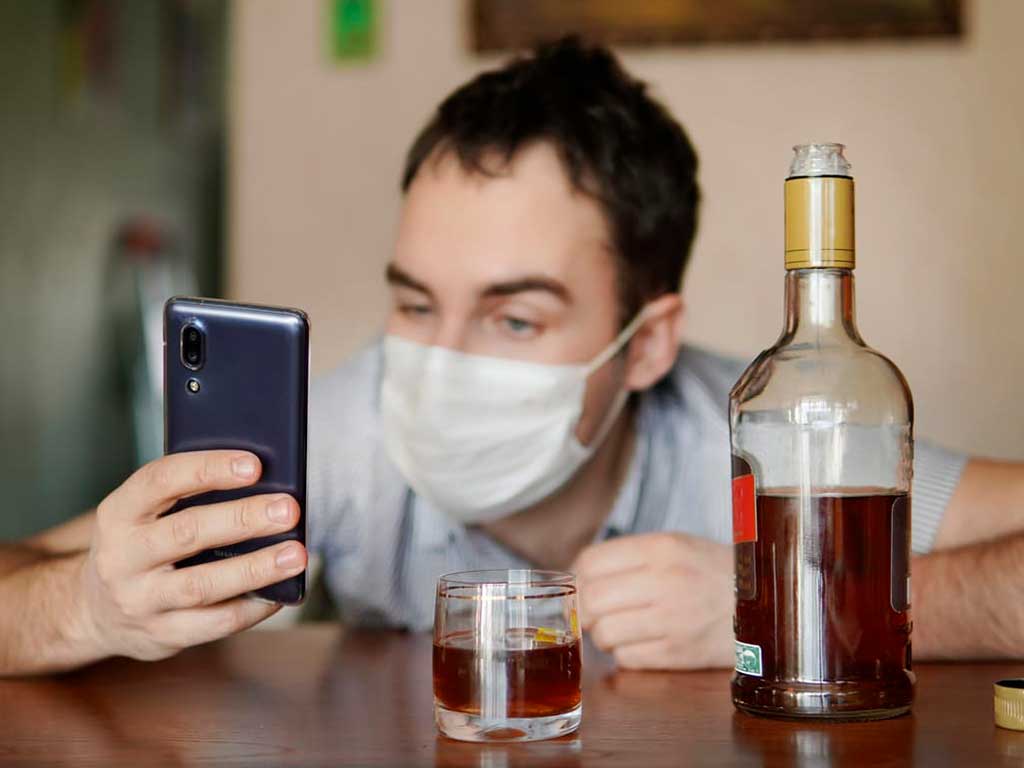
Alcohol testing has become increasingly common. It can be for workplace testing to legal proceedings. People should be aware of the procedures and what the results may mean for them. Whether they drink regularly or recently, knowing the ins and outs of a positive test for alcohol can make a significant difference. For instance, the amount of liquor they consume can affect the outcome. However, they must also know that there is a possibility of false positives.
The consequences of a non-negative test can vary depending on the situation and local laws. Typically, individuals will receive some form of penalty, like jail time or fines. They may also need to attend an alcohol education program or take part in community service activities. With the right information, they can make informed decisions and navigate situations involving testing with confidence. This article will explain how alcohol intake can affect test results, false positives, and the role of confirmatory testing.
Understanding the Amounts of Liquor that Can Lead to a Positive Test for Alcohol
Knowing the limits that can trigger a positive test for alcohol is important. This is especially true for people who need to be aware of their Blood Alcohol Concentration (BAC). It is crucial to note that even small amounts of alcohol can result in a non-negative test. Various methods, such as breath testing, blood testing, and urine testing, can detect alcohol metabolites.
The amount of standard drinks it will take to test positive for alcohol is dependent on several factors. It can be about the amount of liquor a person drinks, the testing type, the amount of alcohol consumed, or the body weight of a person. Generally, the higher the consumption of liquor, the higher the likelihood of testing positive.
The concept of standard drinks is important to consider. It measures the amount of alcohol consumed and estimates BAC. A standard drink is defined as 14 grams of pure alcohol. This is equivalent to a 1.5-ounce shot of distilled spirits, a 5-ounce glass of wine, or a 12-ounce beer. Generally, a person needs about four standard drinks in an hour-long time frame to reach 0.05%.
BAC Legal Limits in NZ
- The legal limit for drivers over the age of 20 is a BAC of 0.05 grams per 100 millilitres of blood. This means that they should keep it below 0.05. Otherwise, there may be charges.
- For drivers under the age of 20, the legal limit is zero. This means that any amount of alcohol detected in their blood while driving is considered illegal.
- Commercial drivers, such as truck drivers or bus operators, have a lower legal limit of 0.02 grams per 100 millilitres of blood. This is because their profession entails greater responsibility and impaired driving could pose potential danger.

Possibility of a False Positive Test for Alcohol and the Causes
Despite the reliability of modern testing methods, there is a potential risk of a false positive test for alcohol. It can occur due to various reasons. One common cause is the use of certain products that contain alcohol, such as mouthwash or breath spray. These products can lead to trace amounts of alcohol in the breath, resulting in a positive test without drinking alcohol.
Another factor that can contribute to false positives is the presence of certain medical conditions or the use of certain medications. For example, individuals with a condition like diabetes may have high levels of acetone in their breath. Tests can falsely detect it as alcohol. Additionally, certain medications, such as cough syrups or cold remedies, may contain alcohol and can therefore lead to false positive test results.
Similarly, exposure to cleaning products or hair dyes that contain alcohol can also produce false positive results. It is crucial to inform the testing authority about any potential sources of alcohol exposure to avoid inaccurate outcomes. Thus, healthcare professionals need to consider these factors when interpreting alcohol tests.
How Long Does Alcohol Stay in the System
Alcohol typically stays in the system for a finite amount of time. The exact duration can vary depending on various factors. Some examples are the amount of alcohol consumed, the metabolism of a person, and the type of alcohol test. Typically, it lasts for 24-72 hours for individuals who have consumed moderate alcohol amounts.
Generally, tests can detect the presence of alcohol in the body for up to 24 hours through breath tests with a breathalyser. Meanwhile, blood tests can detect alcohol for usually up to 3-5 days. It is important to note that heavy drinking or chronic use may result in longer detection times.

Confirmatory Testing After a Positive Test for Alcohol
When there is a positive test for alcohol through a preliminary screening such as by giving a sample of breath or urine, a confirmatory test is often conducted to accurately measure the BAC. This testing is crucial to rule out any false positives and to ensure reliable results. It provides a more accurate and precise measurement of the alcohol content and can detect alcohol for a longer period.
Ethyl Glucuronide or EtG tests are common for confirmatory testing. It detects the presence of ethyl glucuronide, a metabolite that the body breaks down after consuming alcohol. The test can detect alcohol exposure for up to 80 hours. Thus, it is a valuable tool for monitoring alcohol use, especially when alcohol abstinence is necessary.
Confirmatory testing for alcohol is essential in various contexts. This includes workplace testing programs, medical screenings, and the assessment and treatment of individuals with alcohol use disorders. With the testing, healthcare providers and professionals can make informed decisions regarding treatment approaches, counselling, and interventions.
Legal Implications of a Confirmed Non-Negative Result
A confirmed non-negative result on an alcohol test can have significant legal implications. In the workplace, it may result in disciplinary action or termination. This is especially true in safety-sensitive positions. Employers have a responsibility to maintain a safe and drug-free work environment. Employees who test positive may be deemed unfit for duty.
Outside the workplace, a confirmed non-negative result can also have legal consequences. For example, in some jurisdictions, it can impact child custody arrangements or visitation rights. In the case of an individual on probation or parole, it can violate the terms of their supervision, leading to potential penalties or jail time.
Conclusion
A positive test for alcohol is a result of an individual having recently consumed alcoholic beverages. It can be a tool to determine if someone has been drinking. Moreover, it can tell the amount of alcohol intake. This type of test is often used in the workplace or by law enforcement officers to detect levels of intoxication. Non-negative results are usually determined by checking BAC. If authorities obtain one, offenders may face penalties.
However, it is important to note that false positives can occur and confirmatory testing is necessary. People need to understand that the effects and influence of alcohol, such as impairment and various health conditions, may last far beyond the time it remains detectable in the body. It is always best to wait for the effects of alcohol to completely wear off before engaging in any activities that require alertness and coordination. This can be driving or operating machinery.


















